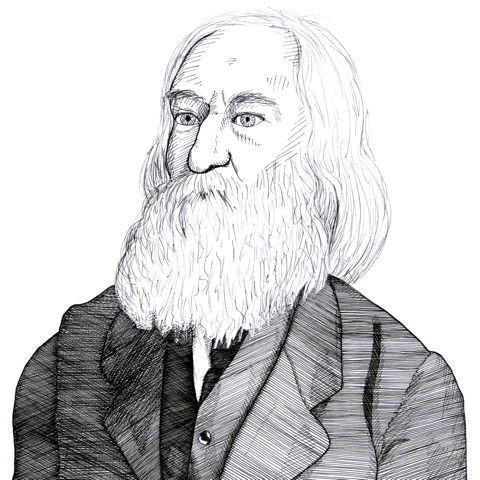
Lysander Spooner spells out his theory of “mine and thine”, or the science of natural law and justice, which alone can ensure that mankind lives in peace (1882)
Found in: Natural Law; or the Science of Justice (1882)
The American radical individualist legal theorist and abolitionist Lysander Spooner (1808-1887) argued in his pamphlet on Natural Law (1882) that:
Justice
The science of mine and thine — the science of justice — is the science of all human rights; of all a man’s rights of person and property; of all his rights to life, liberty, and the pursuit of happiness. It is the science which alone can tell any man what he can, and cannot, do; what he can, and cannot, have; what he can, and cannot, say, without infringing the rights of any other person. It is the science of peace; and the only science of peace; since it is the science which alone can tell us on what conditions mankind can live in peace, or ought to live in peace, with each other.